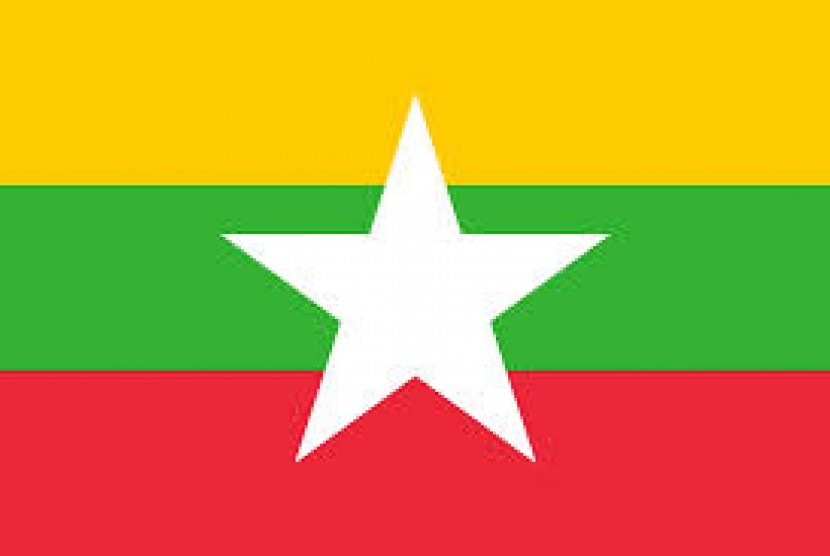REPUBLIKA.CO.ID, YANGON -- Over 3,000 people have fled their homes in northern Myanmar following clashes between two ethnic rebel groups, the United Nations said Tuesday, raising fears the government's fragile peace efforts could be fracturing.
Heavy fighting in the northern state of Shan broke out last week between the Restoration Council for Shan State (RCSS) and the Ta'ang National Liberation Army (TNLA).
It is a rare instance of the country's ethnic armed groups turning on each other and comes during a complicated transition from an army-backed government to Aung San Suu Kyi's pro-democracy party.
"We are receiving reports that more than 3,000 people have been displaced in the past week," said Mark Cutts, country head of the UN's Office for the Coordination of Humanitarian Affairs.
He said most of them were being housed in monasteries in the town of Kyaukme and receiving help from local groups and the Myanmar Red Cross.
Kyaukme's lower-house MP Sai Tun Aung told parliament in an emergency debate on the issue that locals have reported teachers and students fleeing on foot to escape arrests, killings and arson attacks being carried out by "an armed group moving around the region".
He did not specify which rebel group was responsible.
The region is home to the Palaung ethnic group, whose interests the TNLA says it represents. The RCSS has previously had a small presence in the area and is based further south.
The government has tried in recent years to end decades-long civil wars between the military and numerous ethnic armed groups battling for greater autonomy.
The outgoing government signed a peace deal with a handful of major groups, including the RCSS, late last year.
But its efforts to sign a nationwide peace deal foundered after the government baulked at including several groups locked in ongoing conflict with the military, including the TNLA.
It is unclear what sparked the recent fighting between the RCSS and TNLA.
But the lack of full participation in the peace deal has raised concerns that rebel groups could begin vying with each other to control territory.
Major Mai Aik Kyaw, a spokesman for the TNLA, told AFP there has been daily fighting between his group and the RCSS, helped by government forces, since February 7.
"We were attacked by two government jet fighters just five minutes ago as we tried to destroy poppy fields," he told AFP by phone from the area, saying the RCSS had sent more fighters to the area since signing the ceasefire.
"This month is the most serious one. They began looting our territory after they signed. If they stay in the region it will be difficult to control fighting and it could also disturb the peace process," he said.
No one from the RCSS or Myanmar military were available for comment.
Countrywide peace talks with ethnic armed groups have been steered by the quasi-civilian government that replaced outright military rule in 2011.
It was trounced in November elections by Aung San Suu Kyi's National League for Democracy, which will form a government in April.
Significant hurdles lie ahead, including ongoing fighting and Suu Kyi's strained relationship with the still hugely powerful military.


